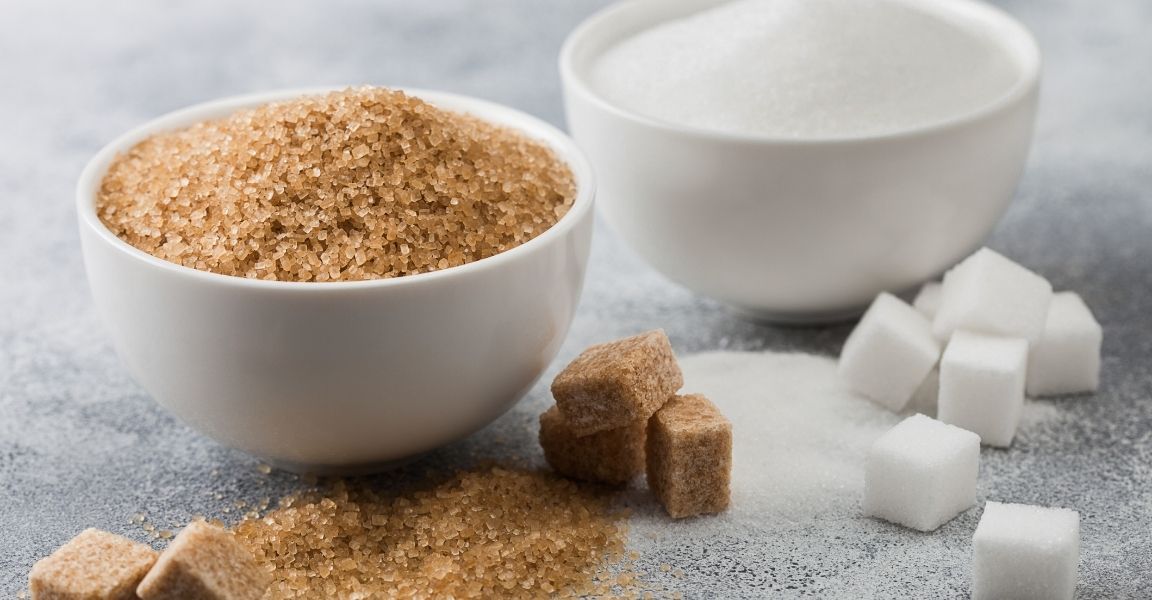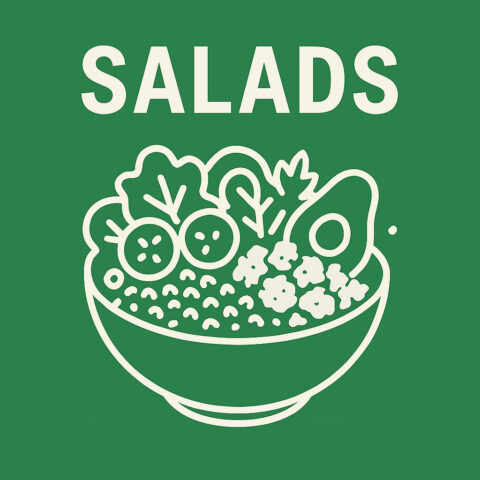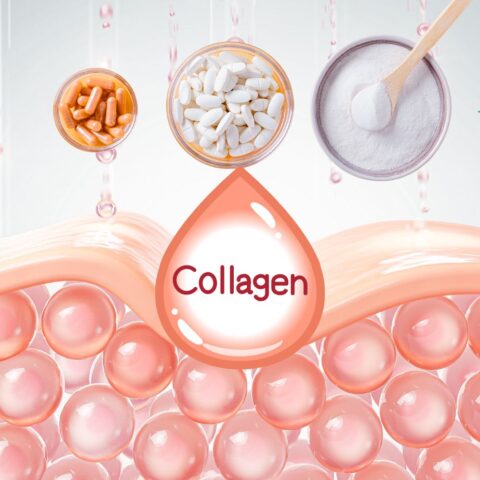As sugar consumption prevails in the general population, the difference between natural sugar and processed sugar gets called into question among health experts and gurus alike. The usual consensus is to cut back or remove processed sugar from our diets, but there remains the question if natural sugars require the same caution.
There are also common myths about juicing and other health trends that spread misinformation about natural sugar found in fruits and whole foods. While both natural and processed sugar serve the purpose of sweetening our palate, the process by which they’re made defines how they impact our health. Explore the difference between natural and processed sugar and how these substances affect us as consumers.
Ladle of Contents
1. Natural vs. Processed
The difference between natural sugar and processed sugar depends on how they’re made. Natural sugar occurs as fructose in fruits and dairy products like cheese. Processed sugar is a combination of glucose and fructose to make sucrose. Added sugars are chemically manufactured as substances like high-fructose corn syrup that add sweetness to packaged foods.
2. Nutrients vs. Calories
Naturally occurring sugars are dense in vitamins, fiber, and antioxidants to support a healthy body. Refined sugar has limited nutritional value due to its processing, and an excessive intake of refined sugar can lead to a variety of health issues like diabetes, obesity, and heart disease.
3. Additional vs. Addictive
Natural sugar metabolizes differently in the body than processed sugar. The fiber in fruits and minerals in unsweetened milk keep you feeling full while providing additional nutrients to your diet. Processed sugar is broken down much faster than natural sugar and peaks your insulin and blood sugar. Refined sugar doesn’t provide the feeling of fullness and typically causes an overall increase in refined sugar consumption.
Natural and processed sugar serve the same purpose in flavoring our foods but have significantly different effects on the human body. It’s important to examine the labels of packaged food and be mindful of the sugar content to keep our processed sugar intake low.








